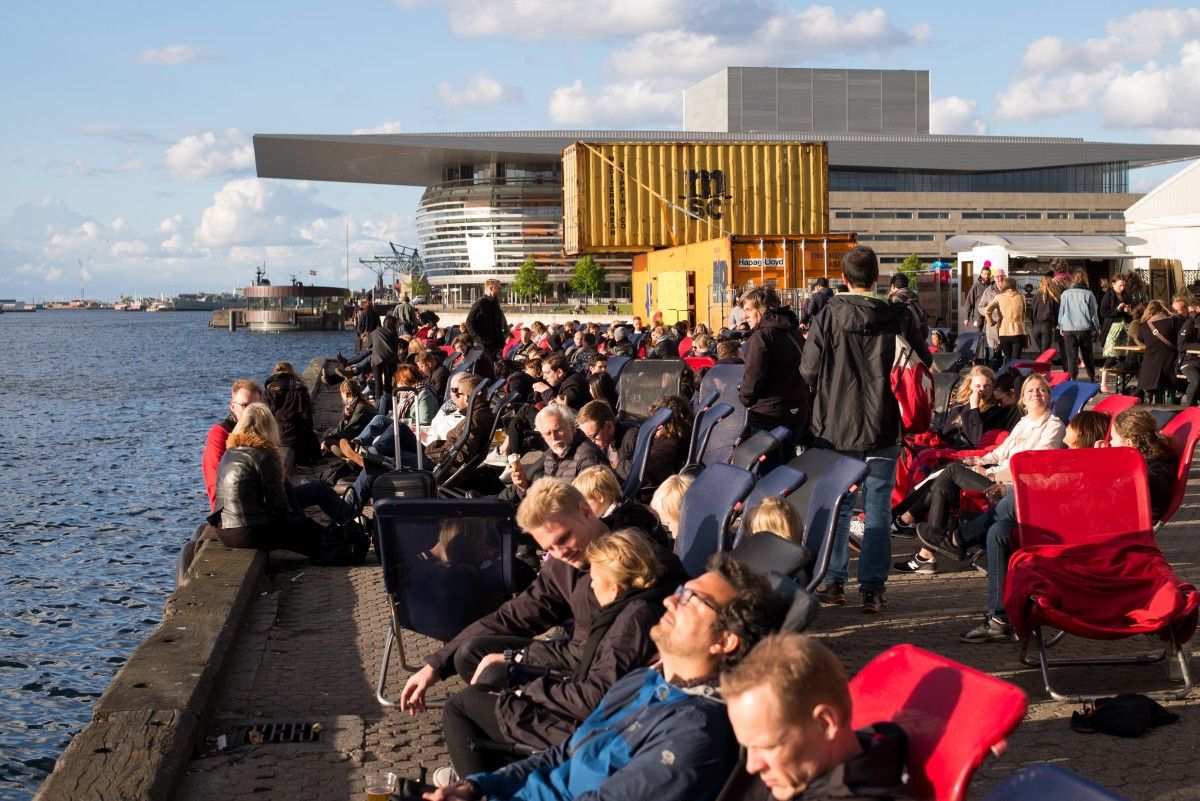No more home-schooling of children aged 11-15, an earlier than expected return of indoor dining, increased public gathering limits and more chances to watch live football.
Late last night, the country’s MPs delivered on a further lifting of corona restrictions – negotiations this time lasted less than half a day.
And the results suggest that they really listened, as they have scrapped plans to only permit outdoor dining at a time when the weather is so unpredictable, as well as the need to present a corona passport to enjoy the al fresco conditions.
Big increases for public gathering limits
As was reported yesterday, the MPs, in the company of the justice minister, Magnus Heunicke, agreed to increase indoor public gathering limits from five up to 10 on April 21, then 25 on May 6 and 100 on June 11. Outdoor limits will rise from 10 to 50, 75 and 100.
“Due to the good situation we are in Denmark, we are in the privileged situation that it is possible to open up a little more,” explained Hækkerup.
“And that is what’s happening now. Here you have an overview of what will change in the reopening plan and how the assembly ceiling will be changed over the next time.”
No more home-schooling!
At the schools, Grades 5-8, previously permitted to return to school every other week, can now return full-time, providing that every other week is spent outside.
University students are now granted a 30 percent attendance capacity, and vocational students full-time.
Graduating students at gymnasiums and public schools are up to 80 percent.
A fortnight earlier than planned
It will be possible to dine outdoors without a corona passport at the nation’s restaurants and bars from April 21.
For everyone missing a draught beer, it has been confirmed that diners will be able to drink at their tables.
Also from the same date, it will be possible to dine indoors, providing you have a reservation and corona pass.
Last orders are at 22:00, so contrary to previous reports, the establishments need to be closed from 23:00 to 05:00.
Superliga is back!
Finally, from April 21, Superliga games will be permitted to host 500 fans again, providing the sections in use have their own entrances. Corona passports will be necessary.
Gyms are not permitted to open again, although there is good news for the over-70s, who will have more opportunities to take part in indoor sport, providing their gathering does not exceed 10 and corona passports are presented.
Corona passports are also necessary at museums, libraries and art galleries, which are all opening their doors, as planned, on April 21.















